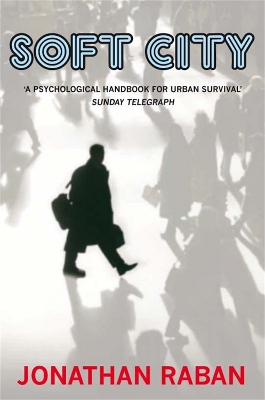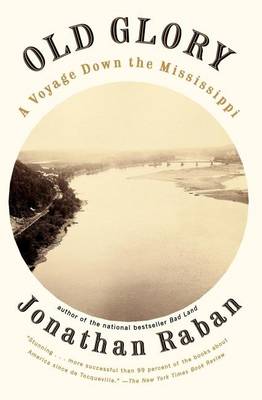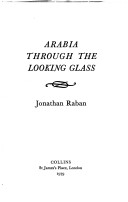Flamingo S.
3 total works
In the city we can live deliberately: inventing and renewing ourselves, carving out journeys, creating private spaces. But in the city we are also afraid of being alone, clinging to the structures of daily life to ward off the chaos around us.
How is it that the noisy, jostling, overwhelming metropolis leaves us at once so energized and so fragile? In Soft City, one of our most acclaimed novelists and travel writers seeks to find out. First published in the 1970s, his account is a compelling exploration of urban life: a classic in the literature of the city, more relevant to today's overcrowded planet than ever.
'A psychological handbook for urban survival' Sunday Telegraph
'Of all his generation's travellers, Jonathan Raban is the most sophisticated, writing with a subtle and imaginative brilliance.' Colin Thubron
'One of the most humane and visionary of all travel writers.' Jeremy Seal
Into Jonathan Raban's familiar Earls Court neighbourhood after the 1970s oil boom came new visitors from the Arab world, dressed in floor-length robes and yashmaks. A people apart, little known, Raban wanted to get behind the myth and the rumour to discover the reality of their lives and world. His journey took him through Bahrain, Qatar, Abu Dhabi, Yemen, Egypt and Jordan. What he discovered was a far cry from the camel, tent and sand dune archetypes of early European explorers. Oil wealth had seeped into almost every corner, and Bedouin encampments had been replaced by cosmopolitan boomtowns, camels by Range Rovers. The sons of Bedouin nomads were now studying medicine in Europe and engineering in New York. Yet in this fast-moving world, old certainties remained - and cultural innovation lagged miles behind economic change.
Raban's gift for friendship introduces us to a series of memorable individuals - rich and poor - set against the feel, the smells, the sounds and the nuances of Arabia.


